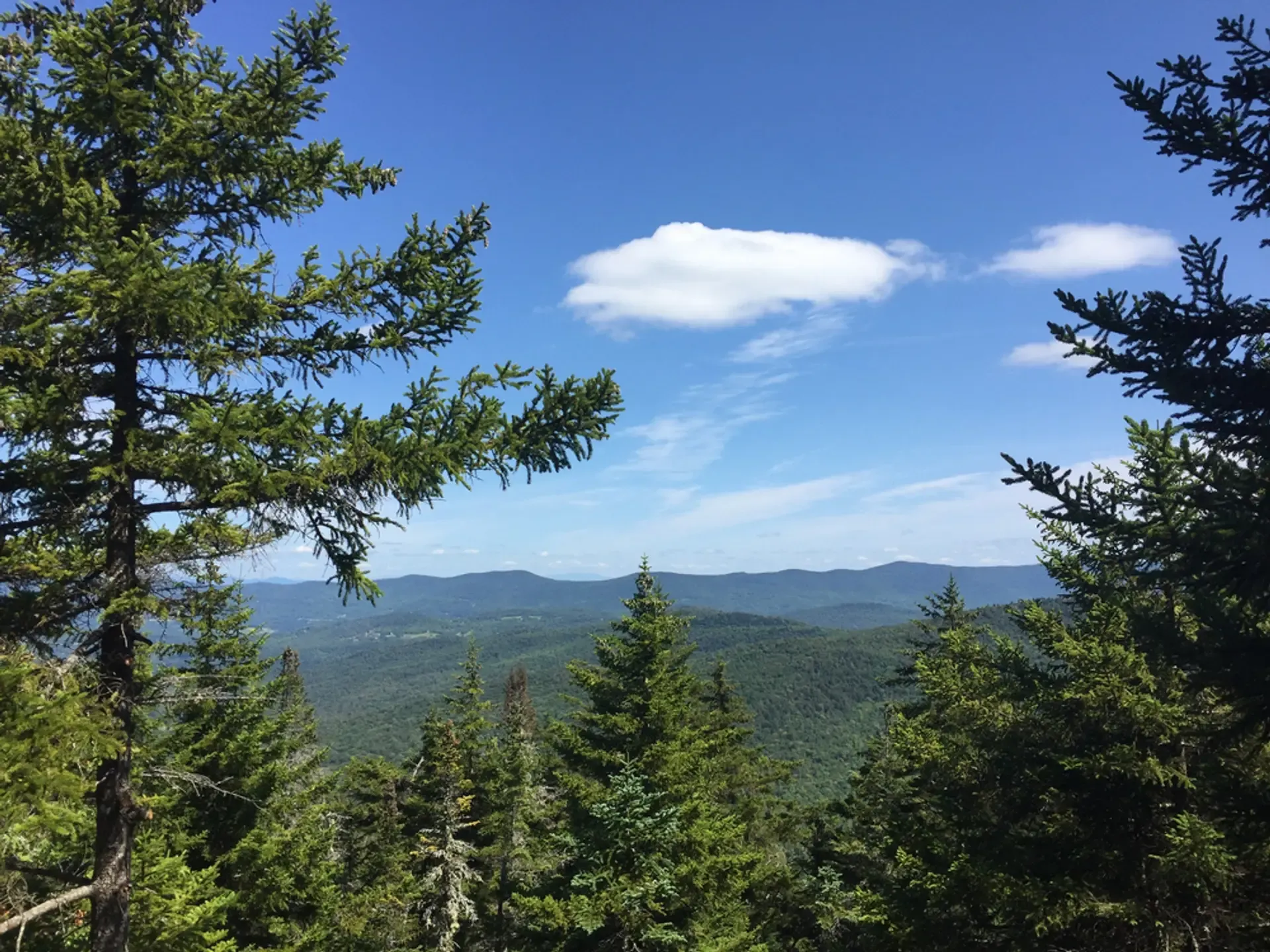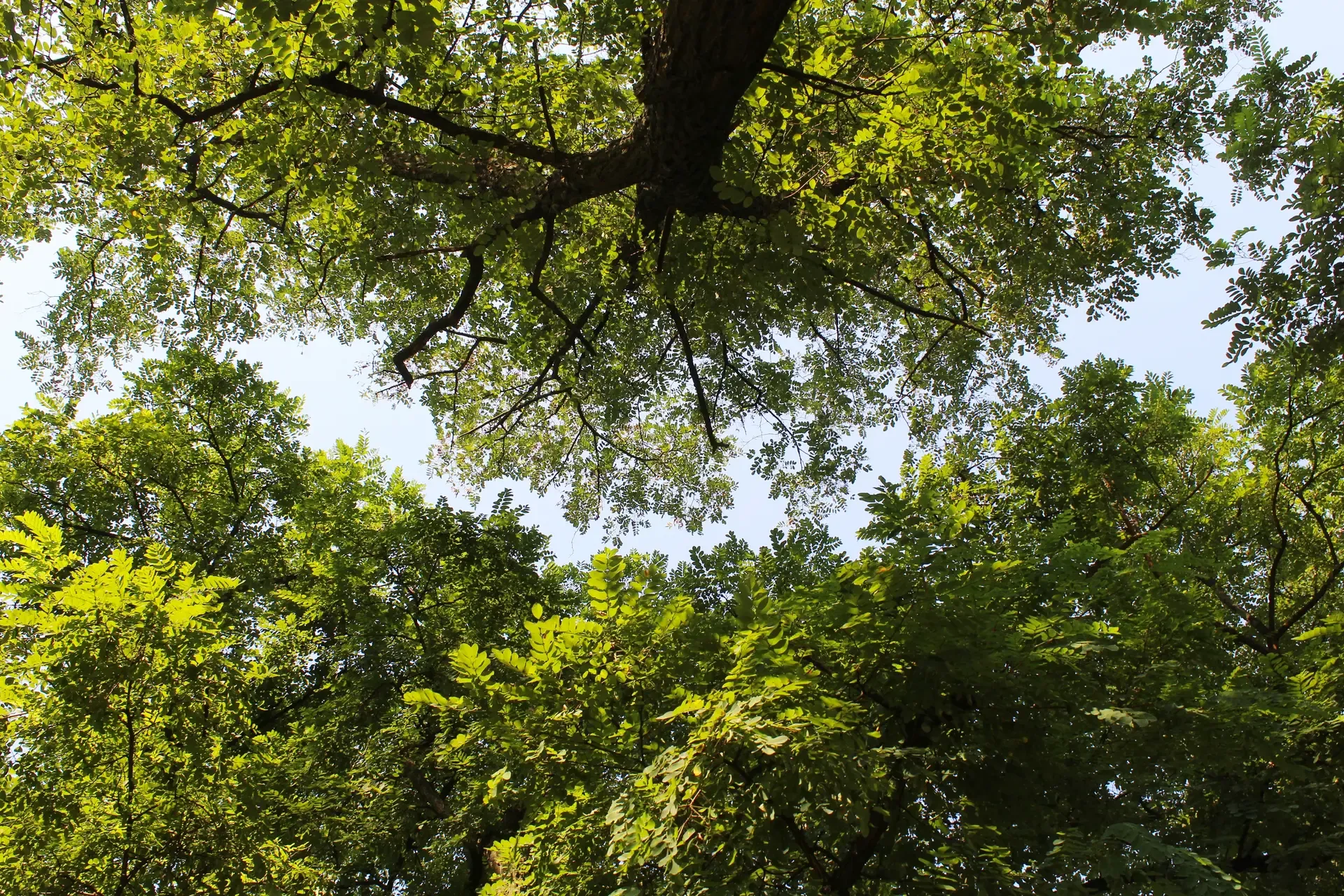Strength, Diversity & Welcoming Women into the Forest Sector

This Women’s History Month, I invite you to take a look around your organizations, your companies, your communities and your classrooms. Note the diversity at every level — both when it is there and when it is not. Now ask, when are better decisions made? When are smarter ideas generated? When do our people feel the most supported? When are we stronger?
Welcoming diversity, particularly the skills and perspectives of women and women of color, into the forest sector means we will be better equipped to address the most urgent challenges of our time, including climate change, wildfires and biodiversity loss.
Bringing more women and women of color into the forest sector, just like any sector, will only make us stronger. What we’re seeing now, as we look around, is a field that is still predominantly white and male. Of course, I’ve had white male colleagues who have been great allies and understood that diversity, equity and inclusion initiatives were never a threat to the status quo. After all, DEI is, at its foundation, actually about pursuing opportunities to build a new, stronger status quo that welcomes everyone.
Welcoming diversity, particularly the skills and perspectives of women and women of color, into the forest sector means we will be better equipped to address the most urgent challenges of our time, including climate change, wildfires and biodiversity loss. I know many women look at these kinds of problems and think, “I’m not a scientist or a conservationist. Can I really help?”
Short answer? You can.
At the Women’s Forest Congress, where I serve as a member of the steering committee, and the American Forest Foundation, where I serve as vice president of people and culture, we see DEI as a positive way to engage all kinds of folks from places that may not be traditionally linked to forestry. I’m so proud to be a part of organizations that help women see how their many valuable skills are transferable and can be used to make a difference in the health of our planet.
My experience is a case in point. My forestry career only began in 2017, when I joined AFF. Previously, I held various HR leadership positions for multinational organizations in the nonprofit, professional services and hi-tech sectors. That experience gave me the ability to grow in cultural competence and embrace differences — critical skills I bring to my work every day.
I have also had the good fortune to work internationally and have directly experienced the effect of cultural differences in my own life. For example, in my travels to places such as India and Japan, I learned the importance of listening and observing — skills that continue to help me bring about understanding, allowing us to have those “ah-ha” moments where we can find common ground.
I encourage you to register for Finding Ways to Break the Bias, an event that will be hosted by WFC on International Women’s Day this year. It promises to be an excellent opportunity to learn about the pioneering work and inspiring leadership of women who challenge biases in our field, and to learn a bit about how we can all support each other.
I also encourage you to think about your own skills and interests and how you personally could engage with the forest sector, WFC and AFF in making a meaningful impact in the conservation space.
There is room for everyone — we are definitely stronger together.
This blog post was originally posted on the Women's Forest Congress blog.
Related Articles

February 2, 2026
AFF Statement on GHG Protocol Land Sector & Removals Standard
The exclusion of forests from the LSR Standard increases the risk of sidelining one of the most mature and impactful pathways for near-term mitigation.

October 23, 2025
Forestry Organizations Urge Trump Administration to Support Private Landowners in Trade Practices
The American Forest Foundation (AFF), Forest Landowners Association (FLA), and National Alliance of Forest Owners (NAFO) sent a joint letter today to Secretary of Agriculture Brooke Rollins and Secretary of the Treasury Scott Bessent urging the Trump administration to include private forest landowners, family forestry businesses, and timber product manufacturers in efforts to address unfair trade practices.

October 21, 2025
Statement: Critical Wildfire Legislation Moves to Senate Floor
“AFF applauds the U.S. Senate Committee on Agriculture, Nutrition, and Forestry for advancing the Fix our Forests Act.